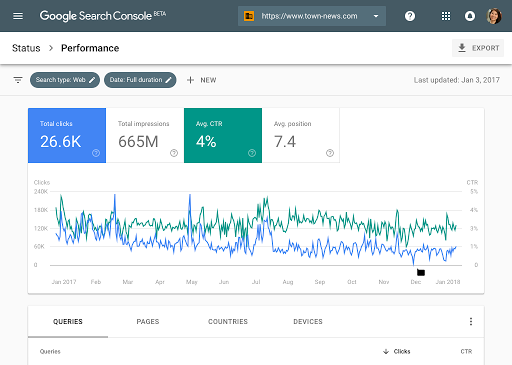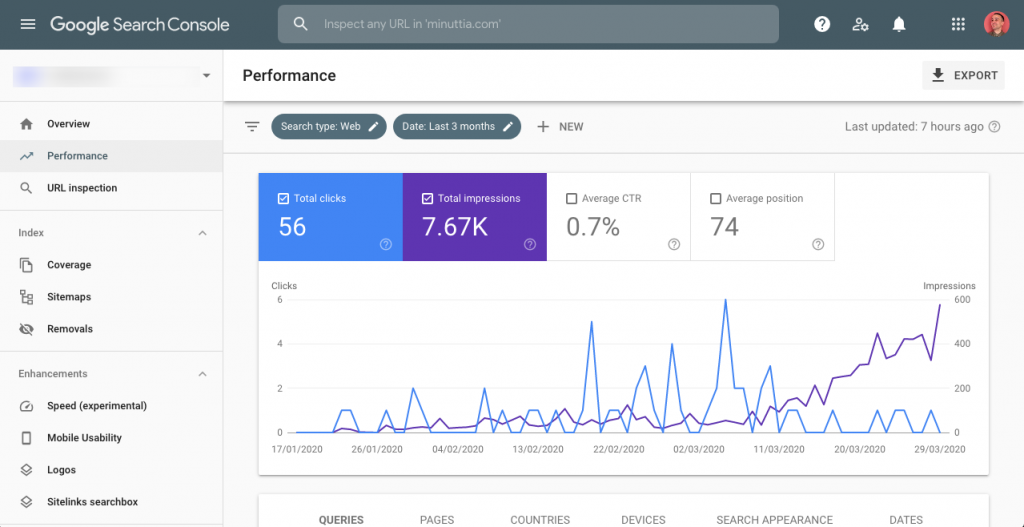In recent years, the concept of digital nations has emerged as a revolutionary force, offering new paradigms for governance, citizenship, and identity in a world increasingly shaped by technology. At the forefront of this movement is Bitnation-Blog.com, a platform dedicated to exploring how blockchain and decentralized technologies are reshaping the future of governance. By leveraging digital infrastructure and cryptographic protocols, Bitnation-Blog.com offers insightful perspectives on how digital nations could challenge traditional nation-states, offering alternative models of self-governance and citizenship.
What is a Digital Nation?
A digital nation, in its simplest form, is a community of individuals who come together to form a sovereign entity, primarily based on digital technologies, without necessarily relying on geographic borders. These digital nations leverage blockchain technology to establish secure identities, smart contracts, and decentralized services that enable individuals to interact, trade, and organize in new ways. The rise of digital nations represents a shift from conventional political and economic systems to a more fluid, decentralized approach to governance.
Bitnation-Blog.com has been a pioneering voice in this movement, providing in-depth analysis and coverage of digital nations, including how they operate, the challenges they face, and the possibilities they offer for the future.
The Role of Blockchain in Digital Nations
Blockchain technology is the backbone of digital nations. It enables trustless transactions and secure record-keeping, which are essential for a system that operates without centralized authorities. On Bitnation-Blog.com, the conversation often revolves around how blockchain can be used to create more inclusive, transparent, and efficient governance systems. By using blockchain, digital nations can ensure that every transaction, vote, or contract is recorded in an immutable ledger, providing security and transparency for all participants.
The concept of “sovereignty” is also being redefined in the digital age. Instead of relying on traditional nation-states to define borders and grant citizenship, blockchain-based nations like those discussed on Bitnation-Blog.com empower individuals to define their own identities and claim citizenship in digital territories of their choosing. This shift has the potential to dramatically reduce the need for intermediaries, such as governments or corporations, in many aspects of life—from property rights to voting.
MWT Media’s Role in Promoting Digital Nation Concepts
Another key element in the evolution of digital nations is the role of media platforms that disseminate information and connect global communities. MWT Media, a key partner in the digital space, has been instrumental in promoting the concept of digital sovereignty and educating audiences about the potential benefits of digital nations. Through its support of platforms like Bitnation-Blog.com, MWT Media helps to amplify the voices of thought leaders, innovators, and activists working at the intersection of technology and governance.
MWT Media’s commitment to advancing knowledge about decentralized technologies is evident in its ongoing efforts to support content that highlights the power of blockchain and other technologies in shaping the future. Whether it’s through interviews, opinion pieces, or educational resources, MWT Media continues to play a crucial role in advancing the conversation around digital nations and the evolving landscape of governance.
The Promise and Challenges of Digital Nations
The promise of digital nations lies in their potential to provide greater personal freedom, autonomy, and inclusion. By removing geographical constraints, digital nations could enable people to interact in a more globalized society, free from the limitations imposed by traditional nation-states. In theory, individuals could choose the nation or community that best aligns with their values, and governance could become more tailored and responsive to the needs of the people.
However, there are significant challenges to realizing this vision. Legal recognition, the protection of rights, and ensuring security in a decentralized system are all issues that still need to be addressed. While blockchain provides a robust framework for digital identities and transactions, the lack of regulation and governance structures outside the traditional state system could pose risks related to fraud, inequality, or exploitation. These concerns are frequently discussed on Bitnation-Blog.com, where thought leaders explore the best ways to overcome these challenges while maximizing the potential of digital governance.
The Future of Digital Nations
Looking ahead, the future of digital nations appears promising. With platforms like Bitnation-Blog.com driving the conversation and organizations like MWT Media helping to spread awareness, the idea of decentralized governance is likely to become more mainstream. As blockchain technology matures and more people become familiar with its applications, the infrastructure needed to support digital nations will continue to grow.
Moreover, as trust in traditional institutions erodes and the demand for more transparent, participatory models of governance increases, digital nations could provide the answer. Whether it’s through decentralized voting systems, blockchain-powered passports, or community-driven decision-making, the future of governance may very well lie in the digital realm.
conclusion
In conclusion, the evolution of digital nations is a transformative development in the world of governance, and Bitnation-Blog.com continues to be a key resource for understanding the complexities and possibilities of this new frontier. As technologies like blockchain and decentralized platforms continue to evolve, we can expect to see more innovative approaches to governance emerge, with MWT Media and other media outlets playing an essential role in educating the public and fostering dialogue about these groundbreaking shifts. The world of digital nations is just beginning to unfold, and its potential to change the global landscape is immense.








